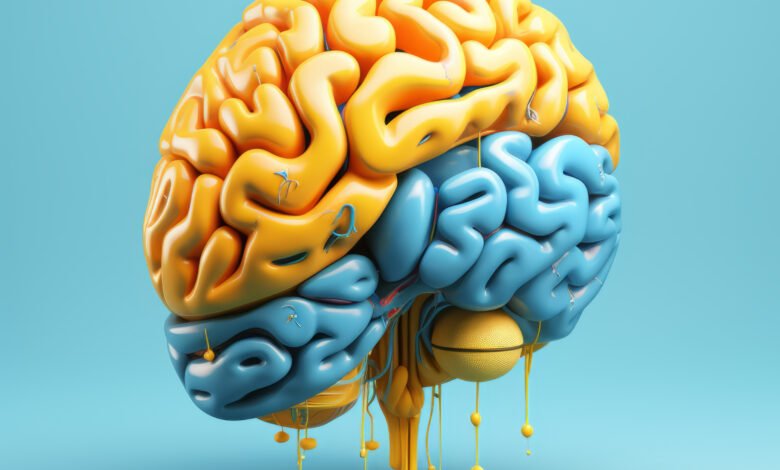Understanding Obesity Through Sociological Imagination and Social Conditions: A Deeper Look

Obesity Through Sociological Imagination and Social Conditions is not just a personal issue—it’s a social one. When we apply the sociological imagination to obesity, we can see how social conditions shape an individual’s choices, health, and lifestyle. Obesity sociological imagination social conditions highlight the bigger picture of why people become obese and how society affects their behavior in terms of food choices, activity levels, and even mental health.
In many ways, social conditions such as poverty, education, and community resources can influence the risk of obesity. It’s important to think beyond personal habits and consider the impact of the environment around us. When we connect obesity with sociological imagination, we realize that people’s struggles with weight are often connected to factors beyond their control, such as their socioeconomic status, access to healthy food, and the cultural norms they live with.
What Is Obesity Sociological Imagination and How Does It Relate to Social Conditions
Obesity sociological imagination social conditions help us understand that obesity is not just a personal choice; it’s connected to larger social issues. People are often influenced by where they live, how much money they make, and the culture around them. These factors can affect what food is available to them, how active they are, and their overall health.
When we think about obesity through sociological imagination, we see that social conditions like education, poverty, and food access can make it harder for some people to maintain a healthy weight. It’s not just about willpower; it’s about what’s available and what’s encouraged by society. Understanding this helps us see that obesity is a complex issue with many layers.
How Social Conditions Influence Obesity: A Sociological Perspective

Social conditions play a huge role in shaping how we eat and live. If a person grows up in a neighborhood without easy access to fresh food, they might turn to cheaper, unhealthy options. This can lead to obesity over time, especially if the community doesn’t have safe places to exercise or walk.
In some areas, people may not have access to proper education about healthy eating habits. Without this knowledge, they might not know how to make better food choices. Social conditions like these affect a person’s chance of becoming obese, even if they want to stay healthy.
Exploring the Role of Society in Obesity: Sociological Imagination in Action
Sociological imagination helps us think about how society affects individual choices. For example, media often promotes unhealthy foods and unrealistic body images, which can influence people’s choices. This social pressure can lead to poor eating habits and, eventually, obesity.
Society also shapes the way we think about health and body image. In some cultures, being overweight is seen as normal or even desirable. In others, people might feel pressure to stay thin. These social ideas about body image can affect people’s self-esteem and the way they treat their bodies, including their eating habits.
How Poverty and Education Shape Obesity: Understanding Through Sociological Imagination

Poverty is a big factor in the obesity problem. People living in low-income neighborhoods might not have access to grocery stores with healthy food. They may also live in areas where it’s unsafe to go for walks or exercise. This makes it harder for them to stay active and eat healthy, leading to a higher risk of obesity.
Education also plays a role in obesity. When people don’t know about healthy eating or exercise, they may not make the best choices. Schools and communities need to do more to teach people about how to stay healthy. Sociological imagination helps us see that education and poverty are big pieces of the obesity puzzle.
Conclusion
Obesity is more than just about what we eat or how much we move. It’s deeply connected to social conditions that shape our behaviors and choices. Understanding obesity through sociological imagination shows us that our environment, education, and social pressures play a big role in how we manage our weight. By considering these factors, we can better address obesity as a society.
To truly reduce obesity, we need to look beyond the individual. It’s important to create environments where everyone has access to healthy food, exercise, and education about health. Only then can we make real progress in fighting obesity and helping people live healthier lives.
FAQ
Q: What is sociological imagination
A: Sociological imagination helps us understand how personal experiences are connected to larger social issues, like obesity.
Q: How do social conditions affect obesity
A: Social conditions like poverty, education, and access to healthy food can influence a person’s chance of becoming obese.
Q: Can education help prevent obesity
A: Yes, when people are educated about healthy eating and exercise, they are more likely to make healthier choices.
Q: How does poverty relate to obesity
A: Poverty makes it harder for people to access healthy food and exercise, which can lead to obesity.
Q: How can we solve obesity
A: To solve obesity, we need to improve social conditions, like providing better education, healthier food options, and safe places to exercise.




